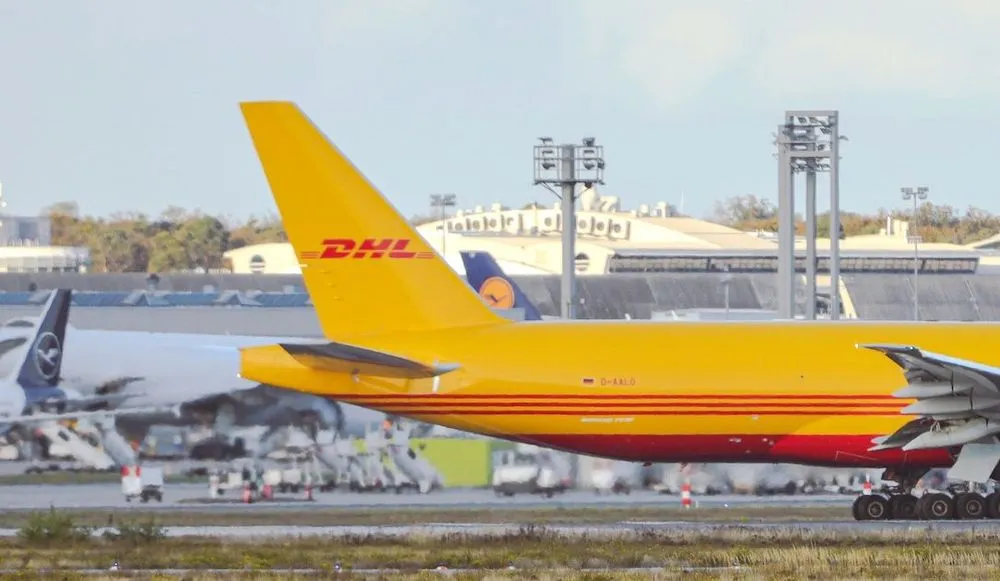Lithuania: Russian military intelligence behind plot to parcel bomb cargo planes
Russia’s military intelligence agency, known as the GRU, was accused on Tuesday of being the source of a sabotage plot to detonate parcel bombs aboard several transatlantic flights.
In recent months, parcels sent using the DHL logistics chain have burst into flames at two locations in Europe: a warehouse in Birmingham in the United Kingdom, and another in Leipzig, Germany, where the device could have caused a plane crash according to the German security services, if it had detonated while aboard the flight.
The head of Germany's domestic intelligence service told a parliamentary hearing last month that the only reason this scenario had not occurred was because the flight had been delayed.
Kęstutis Budrys, the chief national security adviser to Lithuania’s President Gitanas Nausėda, made the attribution about Russia’s involvement to Lithuanian media on Tuesday morning. Other Western security officials have agreed with this assessment, as first reported by The Wall Street Journal.
Vladmir Putin's spokesperson, Dmitry Peskov, has denied the allegations. He told Russian journalists on Tuesday that no formal allegation against Russia had yet been made.
It comes as the Polish National Prosecutor’s Office confirmed the arrests in July of four people over parcels containing concealed explosives which it said were believed to be test runs before an attack on flights bound for the United States and Canada. Another man, who is suspected of posting the parcels in Lithuania, was arrested in September.
International arrest warrants have also been issued for two other individuals who are not yet in custody. The Polish authorities described the investigation as coordinated with other European agencies.
The incendiary devices were reportedly disguised as massage machines from Lithuania that contained a magnesium-based substance which could have burned so destructively on board an in-flight plane that the aircraft would have crashed.
A spokesperson for DHL told Recorded Future News: “We are aware of the two mentioned incidents involving shipments in our network. We are fully cooperating with the relevant authorities to protect our people, our network and our customers’ shipments.”
Alarm has been growing across Europe over Russian-directed sabotage operations, with security agencies and governments increasingly warning about the threat posed by saboteurs.
Earlier this year, the North Atlantic Council, NATO’s political executive, announced that allies were “deeply concerned about recent malign activities on Allied territory, including those resulting in the investigation and charging of multiple individuals in connection with hostile state activity.”
Alexander Martin
is the UK Editor for Recorded Future News. He was previously a technology reporter for Sky News and a fellow at the European Cyber Conflict Research Initiative, now Virtual Routes. He can be reached securely using Signal on: AlexanderMartin.79



